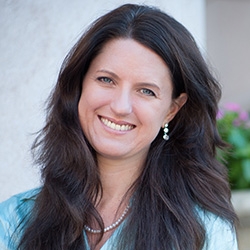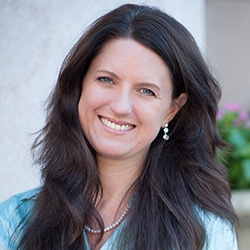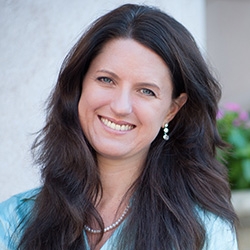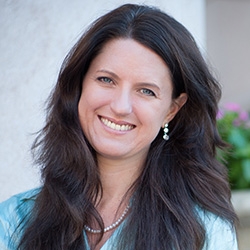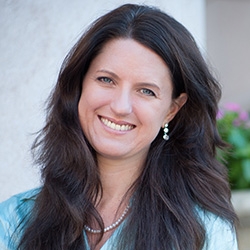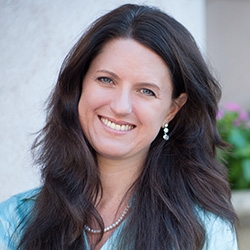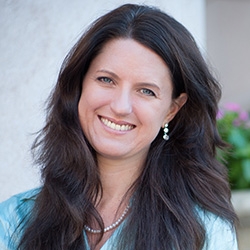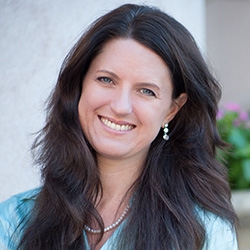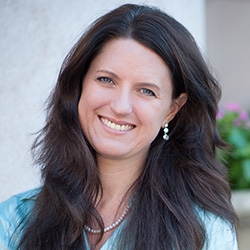

NVC Resources with Yvette Erasmus
-
Yvette Erasmus shares Terry Real's grid as a tool for exploring a spectrum of emotional responses. We all have feelings and sometimes we get dysregulated or frozen up. How do you want to express and be in connection with other people? Can you attune to the relational context that you are in?
-
Yvette Erasmus shares that we can translate or shift how we hear right and wrong language. We can use the cue - What is needed? I wonder what they are needing? This helps direct my attention to more relationality.
-
Yvette Erasmus shares practices to help us develop a regulated nervous system. We all get hijacked and triggered at some point. When that happens we can travel a blame and shame road or we can greet ourselves with graciousness and self compassion.
-
Many of us have been raised within a right/ wrong culture. From very young ages, we are asked, "What is wrong?" Yvette Erasmus shares a different view where emotions can be seen as expansion and contraction, where they can help us identify our needs.
-
Yvette Erasmus suggests that making peace with our feelings reduces suffering. Sometimes we want to hurry through our feelings and just feel better.
-
Yvette Erasmus shares her interpretation of the difference between "faux" feelings and feelings. "Faux" feelings imply that someone is doing something to you and generally connote wrongness or blame.
-
Just as setting boundaries is beneficial to relationships, NOT setting boundaries can come at a big cost. Listen to Yvetter Erasmus share her experience with boundary setting.
-
The purpose of boundaries is to prevent harm to yourself and others. You decide what you are available for and what you are not. Boundaries are a clear expression of limits that keep your heart open no matter what.
-
The purpose of setting boundaries is to prevent harm to yourself and others. In this video, Yvette Erasmus describes how and why exquisite self-care requires exquisite boundaries.

Quick Links
Subscription Preferences
Stay In Touch!
Looking for ways to keep up with NVC Academy news, get special offers, free resources, or words of inspiration? Here are five ways to stay engaged:

